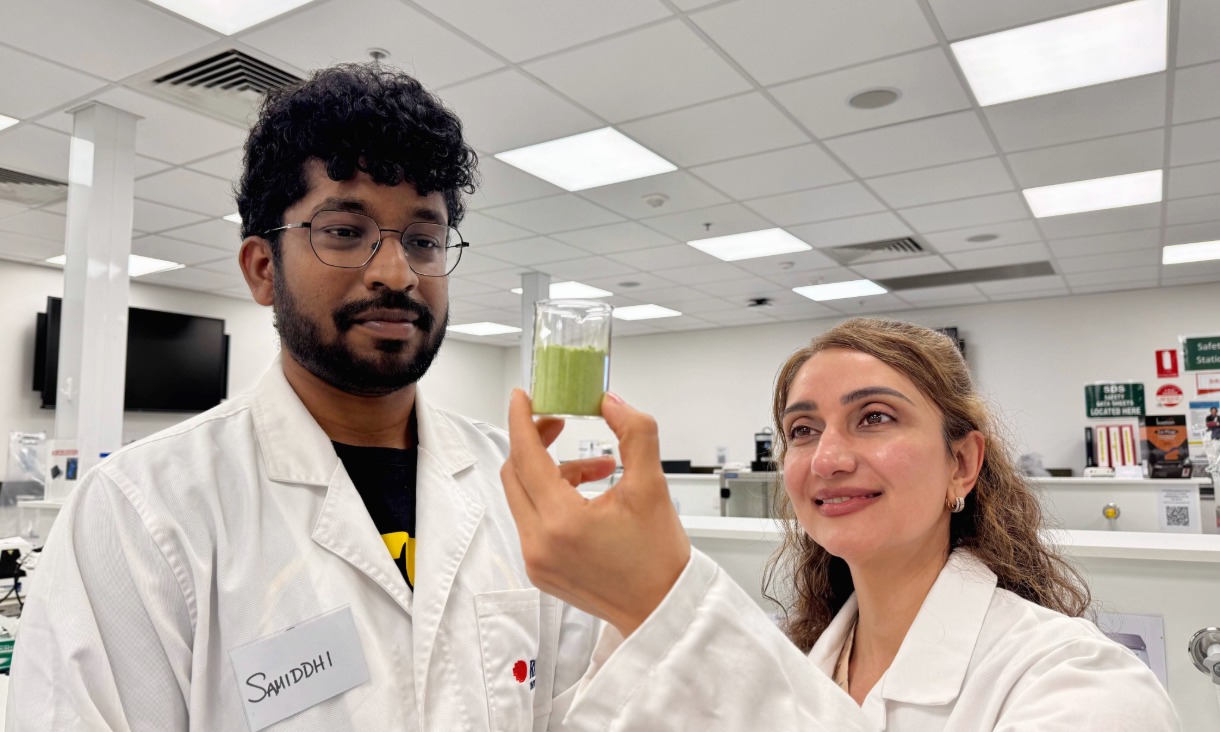Dr Kate Wang, Senior Lecturer in Pharmacy
“Our healthcare system faces growing demands due to chronic disease, an aging population, workforce shortages, and limited access in rural areas.
“Pharmacists are essential healthcare providers, often serving as the first point of contact for patients seeking advice and care.
“Expanding pharmacist scope of practice can address the challenges faced by the healthcare system. However, more needs to be done to support pharmacists. Current regulations, funding limitations, training gaps, and workforce shortages need to be addressed.
“The 2024 Pharmaceutical Society of Australia conference this month brought together peak bodies for pharmacists, together with the Department of Health, to work together to hopefully expand the roles for pharmacists in the near future.
“Changes could include increasing the number of medicines eligible for continued dispensing. “Continued supply is the provision of a standard supply of continuous therapy medicine to a patient by a pharmacist. Current examples include the oral contraceptive and statins (cholesterol medications).
“Pharmacists could also be authorised to prescribe specific medications under defined guidelines and protocols.
“The Australian Pharmacy Council is developing accreditation standards for pharmacist prescribing training programs to support this expanded scope of practice.
“This model is being piloted across various states in Australia.
“For instance, Victoria is piloting pharmacist prescribing for oral contraception, uncomplicated UTIs, travel medications and minor skin conditions.
“Queensland, where they have the Queensland's Urinary Tract Infection Pharmacy Pilot, is piloting pharmacist prescribing to treat non-complex UTIs.
“For consumers, this means patients can access medications more quickly and with reduced wait times, especially for common conditions.
“This increased convenience can also lead to cost savings by reducing GP visits for repeat prescriptions.
“Moreover, timely access to medications helps ensure consistent treatment, reducing the risk of medication errors and improving overall health outcomes.”
Dr Kate Wang is a Senior Lecturer in the School of Health and Medical Biomedical Sciences. Her research interests include pharmacy practice, primary healthcare and digital health.
***
General media enquiries: RMIT External Affairs and Media, 0439 704 077 or news@rmit.edu.au






